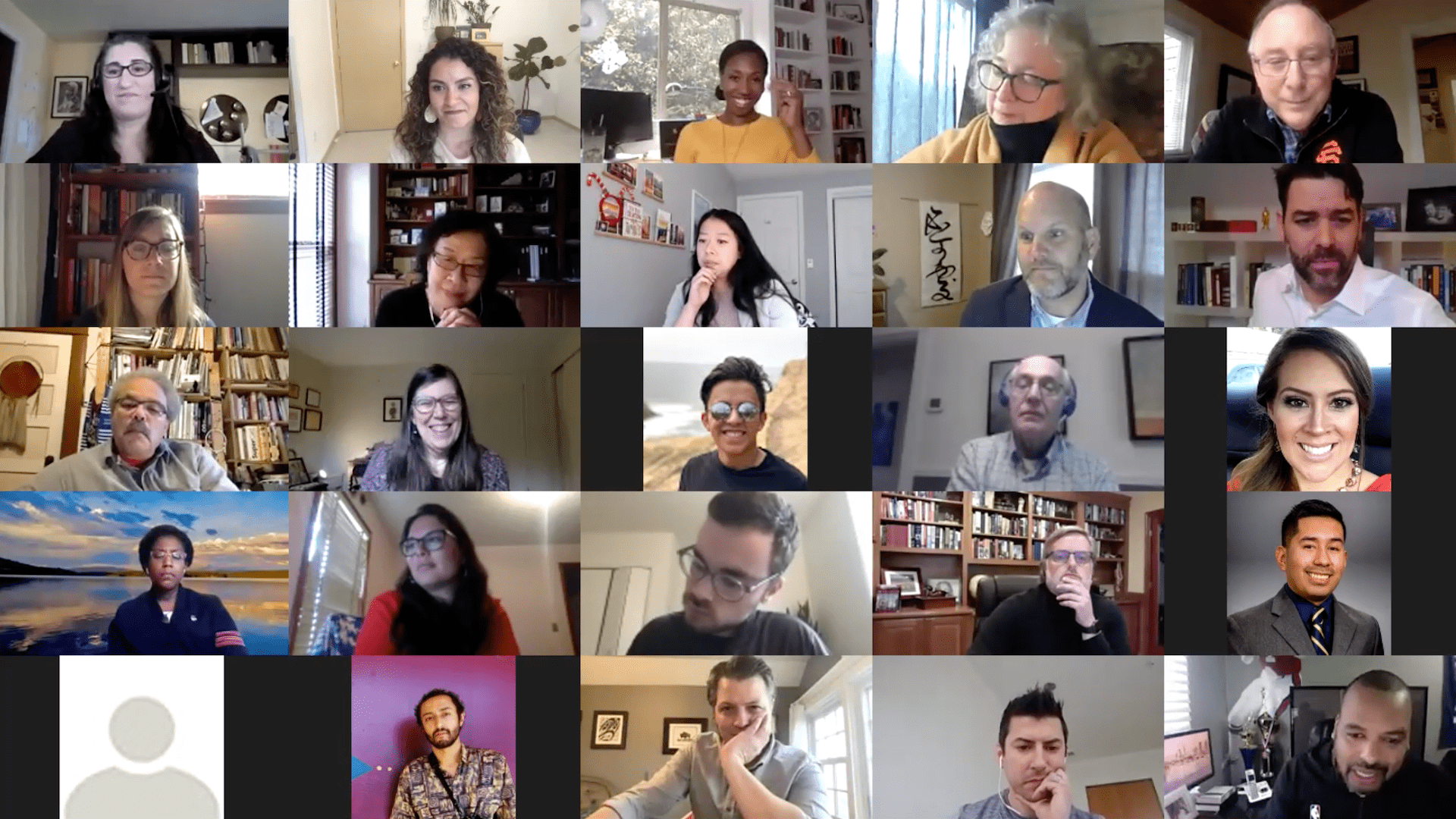Oregon’s strides toward racial justice and equity in education are in no small part thanks to community-based and culturally specific organizations who are advocating for policies and investments informed by their on-the-ground experience and expertise in supporting historically underserved children and families. To shape the way forward, community-based leaders introduced the Oregon Partners for Education Justice 2021 Legislative Agenda at the Summit, explaining why building on the promise of the SSA and investing in community-driven solutions is so critical to ensuring Oregon’s education system supports all children to learn, grow, and thrive, both during the COVID-19 pandemic and beyond.
To bring the impact of community-centered policies and investments to life, more than thirty community advocates joined over a dozen state legislators, another dozen legislative staffers, as well as state agency and philanthropic leaders for in-depth breakout sessions. These conversations, which were co-facilitated by Sen. Lew Frederick, Sen. Michael Dembrow, and Rep. Teresa Alonso Leon, elevated stories and solutions from advocates representing the Coalition of Communities of Color, EUVALCREE, FACT Oregon, Adelante Mujeres, KairosPDX, and Latino Network, among many others.
“I felt like the black sheep in the room as an AP student of color. I was usually the only one that wasn’t white in my classroom,” said Roberto Gamboa, the operations director at EUVALCREE, in one breakout session as he reflected on his high school experience in Ontario, Oregon. “And it wasn’t necessarily because other students didn’t have the abilities I had—there just wasn’t the opportunity, and there wasn’t enough engagement with our parents.” He went on to spotlight why partnerships between school districts and community-based organizations like his are critical to ensuring equity investments actually reach underserved children in rural Oregon’s rapidly diversifying student population.
Rep. Teresa Alonso Leon, the chair of the House Education Committee, expressed her gratitude to Gamboa and many more community leaders in the virtual room for their collective advocacy on behalf of Oregon’s children. “I hear you. And I see you. And I hurt, just like you,” she said, recounting the exceptional pain the past year brought upon families of color. Calling on her colleagues in the statehouse to lean into deeper collaboration with community, she asked: “How can the legislators who are at the Capitol partner with you, the organizations who are serving our communities, in ways that we haven’t before?”
